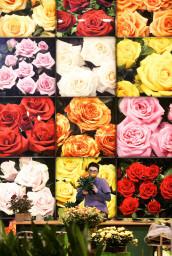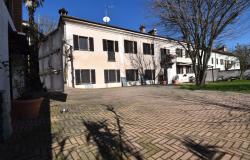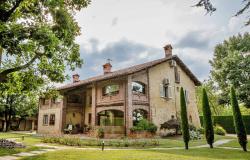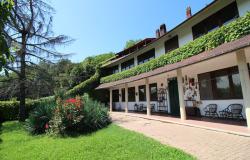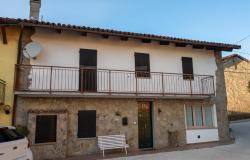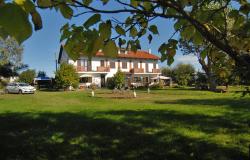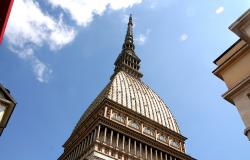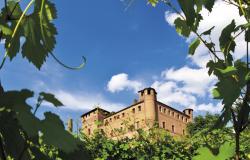A new show celebrating the allure, beauty and symbolic power of roses in Western art over the last five centuries will shortly open in the small Piedmont town of Caraglio.
The exhibition, which goes on show in the Filatoio Rosso from June 27, explores rose iconography from the 1400s onwards through a range of art.
Over 100 works of sculpture, painting, pottery, jewellery, tapestry and embroidery chart the flower's enduring appeal.
The exhibition is divided into seven sections, each of which considers the rose in a series of contexts, looking at how its symbolism and significance has changed over the centuries.
The ''mystic rose'' in Medieval art is the starting point of the show, at a time in Christian tradition when red symbolized blood and recalled the crucifixion.
The show also looks at the Christian idea that thorns only appeared on roses as a result of original sin, resulting in ''the rose without thorns'' as a metaphor for the Virgin Mary.
The next section focuses on portraits, considering the rose as a decorative element and a symbol for femininity.
The portraits of women incorporating roses frequently teeter between beauty and vanity, while those of men highlight the flower's association with romantic love through gallant, knightly poses.
Allegory is spotlighted in the third section, which features images referring to spring and the Roman goddess of the seasons, Flora, where the rose is used to symbolize the transience of beauty and life itself.
The next part of the exhibition showcases an array of still lifes, in which roses play a prominent role.
The focus here is on works from the 1800s and early 1900s, when nature became one of the main sources of artistic inspiration producing paintings of vivid, brilliant colour.
The nature theme continues into the fifth section, which contains a series of paintings of gardens, including rose orchards, family portraits against lush, flowered backdrops and winter gardens.
The decorative arts also saw a growth in floral motifs during the early 1800s, as the rose became ever more closely associated with romantic love.
Entitled 'Symbolism and geometry', the sixth part of the show looks at changing, non-conventional depictions of the rose during the 1920s, with a particular emphasis on Art Nouveau.
The patterns and asymmetrical lines of this period are explored in jewellery, bindings, pottery and silverware.
Ancient, modern and contemporary interpretations of the rose in applied and industrial arts are the focus of the final section, which presents publications, botanic tables and jewellery.
Rose. Purezza e passione nell'arte dal Quattrocento a oggi ('Roses. Purity and passion in art from the 1400s to today') runs from June 27 until October 25 in Caraglio's Filatoio Rosso.
